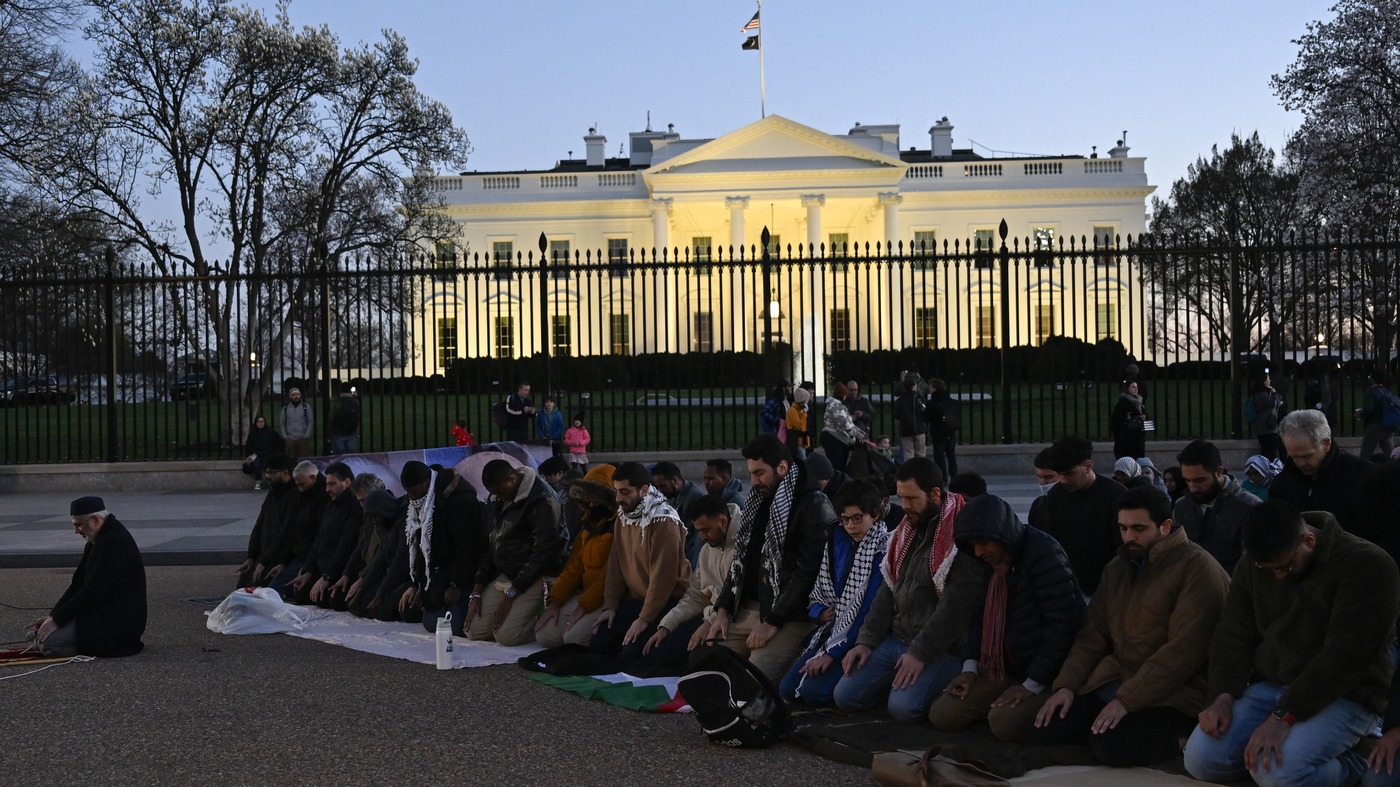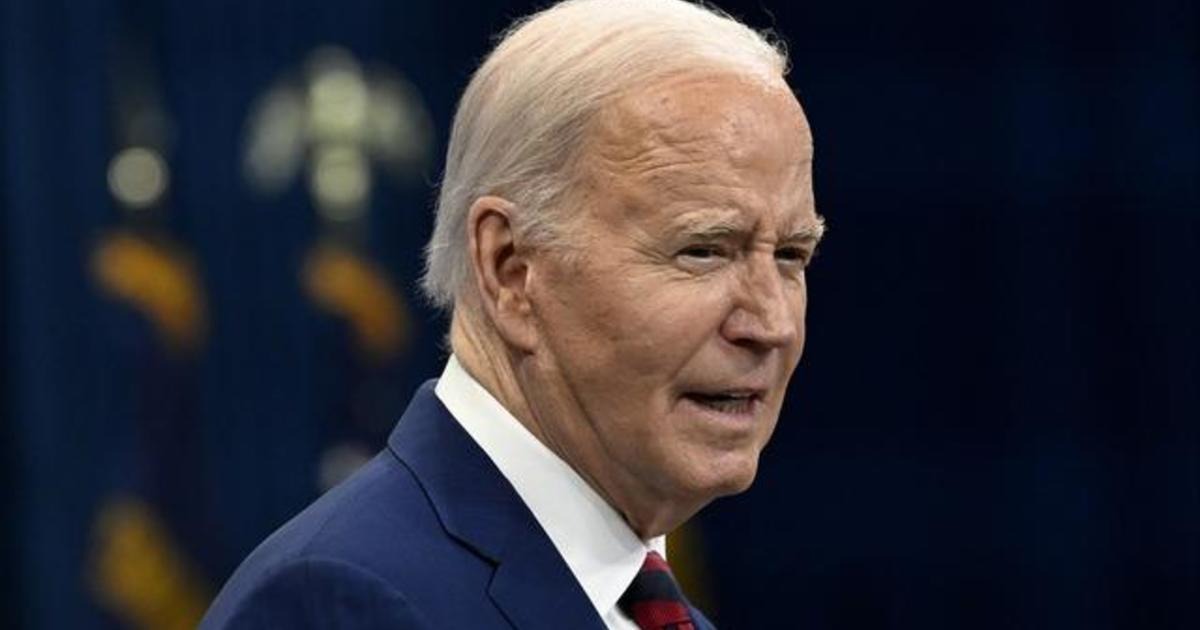President Joe Biden opted for a smaller, more intimate iftar dinner at the White House this Ramzan, a major change from the usual large-scale celebration. This decision came amid rising dissatisfaction among Muslim Americans concerning the administration’s approach to the Israel-Gaza conflict.
The shift to a meeting format with senior Muslim officials, rather than a festive event, was an attempt by the administration to prioritize dialogue amidst the ongoing controversy.
The alteration in celebration style was prompted by declines from several guests, who voiced their objections to President Biden’s policies regarding the war between Israel and Gaza.

The White House Press Secretary, Karine Jean-Pierre, emphasized the administration’s willingness to engage on matters important to the Muslim community, signaling an acknowledgment of the community’s concerns.
This year’s iftar compared starkly with the previous year’s Eid reception, indicating a growing divide between the administration and Muslim Americans. Dr. Thaer Ahmad, an emergency room doctor with firsthand experience in Gaza, left the meeting early, stating his departure was out of respect for his community and those suffering from the conflict.

Wa’el Alzayat, CEO of Emgage, a Muslim advocacy group, also expressed his discontent by declining this year’s invitation, citing the inappropriateness of celebrating despite the dire situation in Gaza. His sentiment reflects a broader discomfort within the Muslim community and among anti-war advocates over the festive gathering during a time of crisis.
The backdrop of the meeting was the ongoing violence in Gaza, which saw tens of thousands of casualties following an attack by Hamas on October 7. This has intensified calls for the U.S. to reconsider its support for Israel and to push for a ceasefire.
As the Biden administration faces the challenge of reconciling with the Muslim community and reevaluating its foreign policy stance in light of the humanitarian crisis in Gaza, the scaled-down Ramzan event at the White House serves as a reflection of the current geopolitical tensions and their impact on domestic and international relations with the Muslim community.


